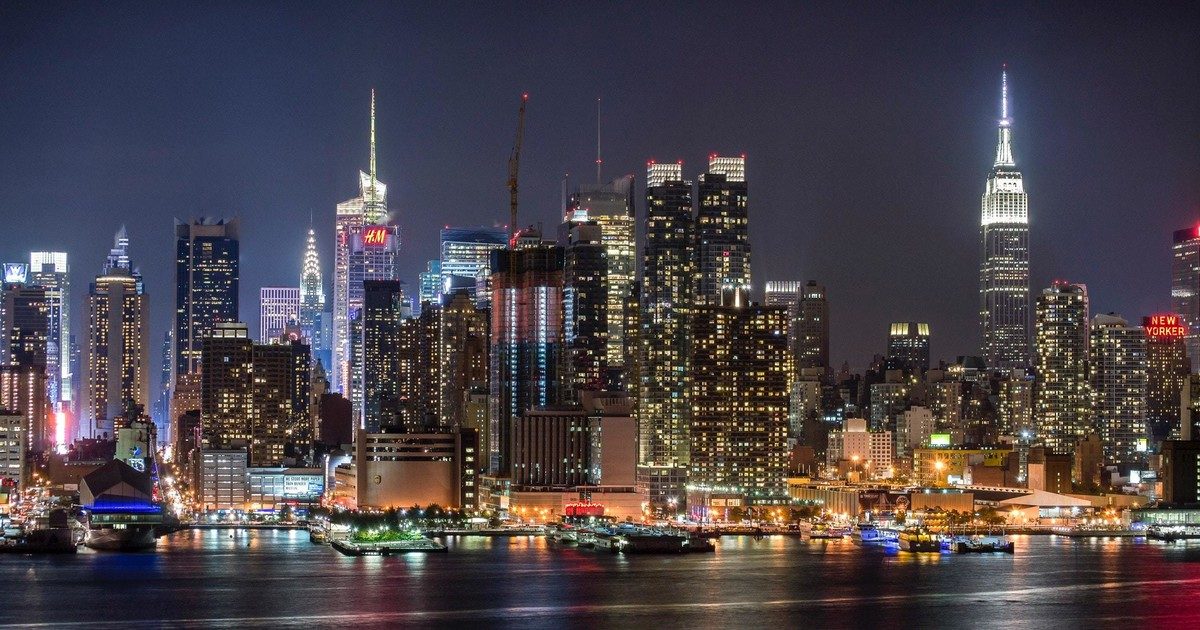Richard Ocejo discusses how the “creative class” produces a new type of elite consumption. He describes this new class of people as those who embodied the social capital and values of the elite; these individuals are all college-educated and market these new businesses as experiences for the elite. Ocejo describes some of these spaces like those of barbershops and brewery more specifically and describes his observations of how these businesses adhere to new standards of legitimacy. For instance, brewery crafters were not only responsible for the manual labor of crafting these drinks, but the success of these businesses equally necessitated giving tours to costumers and educating these about the process of brewing and the unique flavors they were tasting. Ocejo expresses that it is through their means of obtaining legitimacy that the creative class avoids downward assimilation despite taking these traditions working-class positions.
In class, I questioned whether or not these new businesses which appropriate and adapt working-class careers to elite ideals deepen the social and economic barriers for working-class laborers to obtain these jobs with the same level of perceived legitimacy from consumers. From Ocejo’s ethnography as well as the class discussion, it seems that the ways that social capital is used to raise creative class workers to the levels of artisans rather than workers are inherent in constructing this consumerism as exclusive to the elite buyers.
Previously in this class, we have discussed the process of gentrification as the movement of new business into typically lower to middle-class areas followed by the movement of the employees of these businesses into the residential spaces of the region. The appropriation of working-class jobs by the creative class creates a similarly forced relocation of lower-income residents. The appropriation of these jobs by elite workers is an even more violent form of gentrification than the movement of these traditionally elite businesses; the same tactics that are used by the creative-class to gain legitimacy for their businesses simultaneously delegitimizes the value of working-class crafts. The necessity of elite social capital for these positions forces lower-income communities to move into new residential areas, as well as into new positions in the labor industry.
